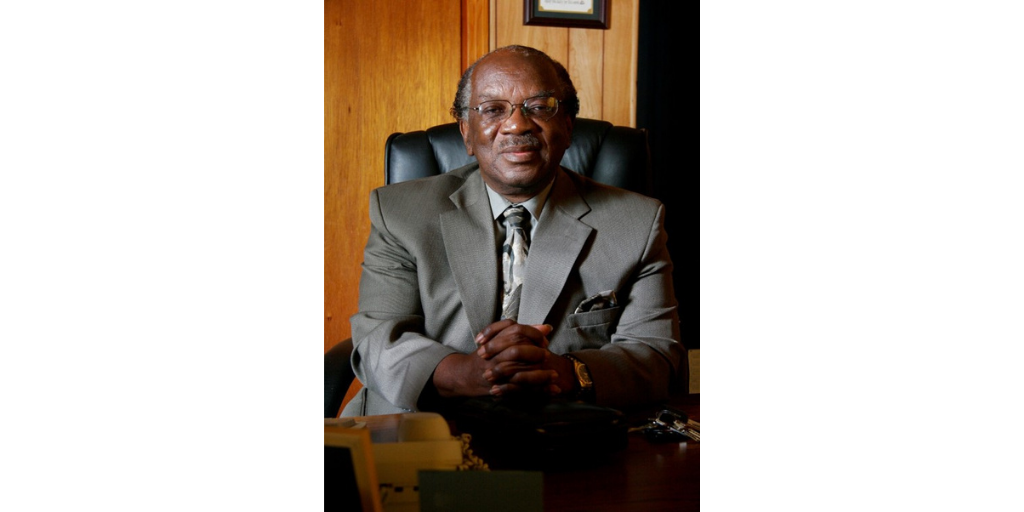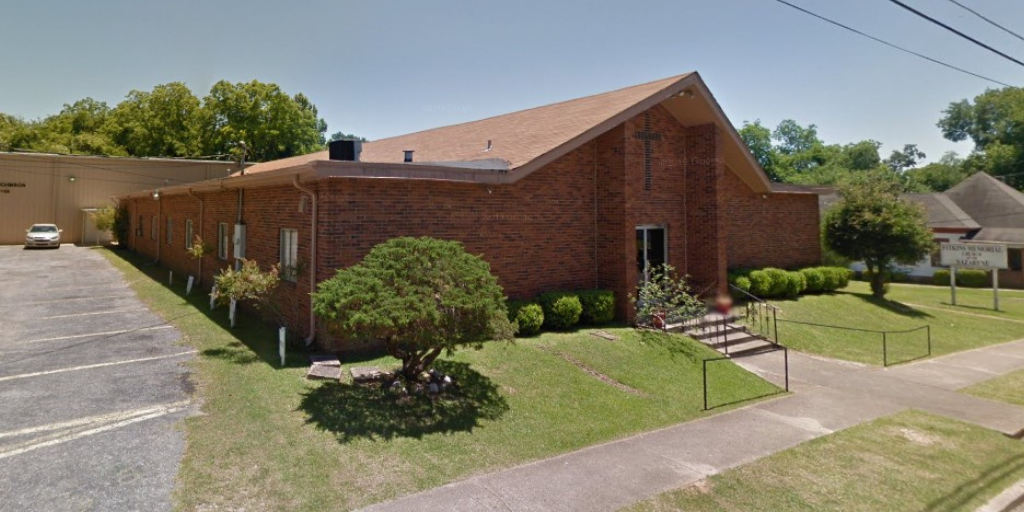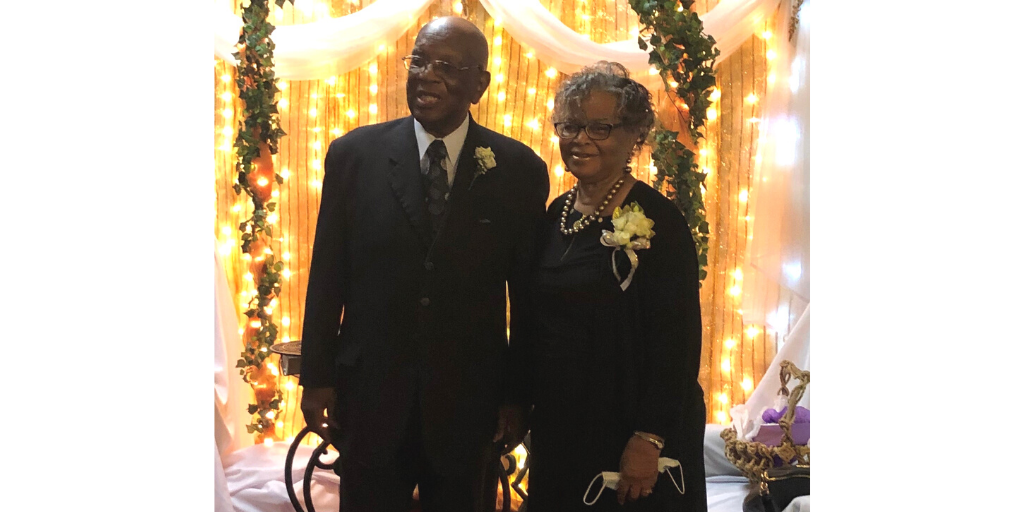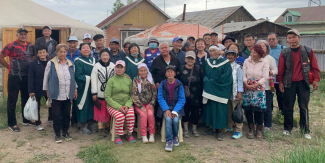JANUARY 12, 2021 · DR. CHET BUSH
On Wednesday, January 12, 2022, Rev. Dr. Charles Johnson of the Meridian Fitkins Memorial Church of the Nazarene passed away after faithfully serving the same congregation for over sixty years. Johnson’s impact on the Church of the Nazarene, the community of Meridian, the state of Mississippi, and on the nation will endure for years to come.

When he came to Mississippi in 1961, Rev. Charles Johnson faced an environment that was hostile to his ministry. The church he came to pastor did not reject his pastoral care, but the southern social milieu was primed to challenge a Black leader in the community. Whether through the voter registration proctor who required him to guess the number of beans in a jar before granting him a voter’s permit, or the city policeman who regularly threatened the pastor harm when they crossed paths in town, society continually communicated to Johnson that he would be better off if he gave up on ministry and retreated from public life. But the young pastor stayed in Meridian, where he’d been sent, to serve the same congregation for more than sixty years.
Steeled by his call to ministry, Johnson pressed forward in the conviction that God passionately loves people and continually works for their good. Johnson’s ministry furthermore demonstrated that the impulse to show compassion includes sharing solace with the individual as well as confronting systems that subject the individual to injustice. For him, the commitment to compassion came deeply rooted in his call to be a pastor.
The message of holiness, preached Johnson, involves working for the wholeness of all people. He received his education at the Nazarene Bible Institute in Institute, West Virginia where people of color prepared for ministry in the Church of the Nazarene during the fifties and early sixties. Years later, when pressed to explain his commitment to justice issues in light of his work as a pastor, Johnson said of his time in bible school, “I took my training to help the whole man.”
In Mississippi, working for the good of the whole person—and particularly for those in Johnson’s congregation—meant joining the struggle to ensure African Americans participated in the public sphere with the full rights of citizenship. This meant engaging in efforts to secure Black Mississippians the ability to vote, access to quality education, and paths to decent-paying jobs.
Obstacles that prevented African Americans from participating in society with the full rights of citizenship, however, remained deeply embedded in southern law and practice when Johnson arrived to Mississippi in 1961. Black residents faced resistance and discrimination whenever they sought to vote, go to school, or get a job. They were denied voter registration opportunities, relegated to low- or no-budget educational facilities, and rejected from working jobs that paid a competitive wage. When people of color challenged those barriers, repercussions followed to reinforce the lines of racial disparity; these came in the form of economic, social, and violent reprisal. A system built to reinforce the subjugation of people of color, and designed to favor white citizens, permeated all aspects of southern society during the Jim Crow era of racial segregation.
Rev. Johnson believed the church existed as God’s witness to a new and different order. As long as the people within his congregation suffered from unjust laws and customs built on the idea that they constituted an inferior race, Johnson knew they would not realize their full potential as members in the kingdom of heaven. Working for Black uplift, removing obstacles to the vote, ensuring access for children to attend good schools, and providing job-skills training were all ways Johnson sought to proclaim the good news of Jesus of Nazareth.
During a voter registration drive in the summer of 1964, two of Johnson’s friends and fellow workers for racial justice were killed by members of the white-supremacist Ku Klux Klan. Three years later the U.S. Department of Justice relied on Johnson’s testimony in court to prosecute 18 defendants for denying the activists their civil rights. A few of the defendants went to jail, several were acquitted, and only one stood trial for murder nearly 40 years later when the state finally pressed charges for the killing.
Throughout his ministry, advocacy for civil rights paired seamlessly with Johnson’s mission to equip the church. Though it consisted of only a handful of folks when Johnson first arrived, Fitkins Memorial Church of the Nazarene became a robust center for worship, discipleship, and mission, serving as the church home of over 500 members for several decades. More than thirty women and men pursued a call to ministry under Johnson’s guidance, and Fitkins Memorial sent several members to start new congregations in other states.

While pursuing justice for his congregation at home, Johnson also aided the denomination. Johnson served as the Coordinator of Black Nazarene Ministries and hosted the inaugural Black Churchman’s Conference in 1984. He became a coveted preacher and singer at campmeetings, revivals, and assemblies for districts all over the country. In 1986, Trevecca Nazarene College (now University) conferred on Johnson an honorary Doctor of Divinity for his work in the church and in Mississippi.
Dr. Johnson’s commitment to the message of holiness motivated him to seek Black uplift and interracial fellowship. For him, there was no other way to be a faithful pastor or to shepherd the people in his care. The Church has lost a giant in the faith with Johnson’s passing on Wednesday, January 12, but it does not lose the lessons he taught. Johnson demonstrated that the impulse to show compassion includes confronting systems that subject individuals to injustice as well as sharing solace with individuals. This is a model of Christian leadership, preached Johnson, that reflects the mission and ministry of Jesus.







Add new comment